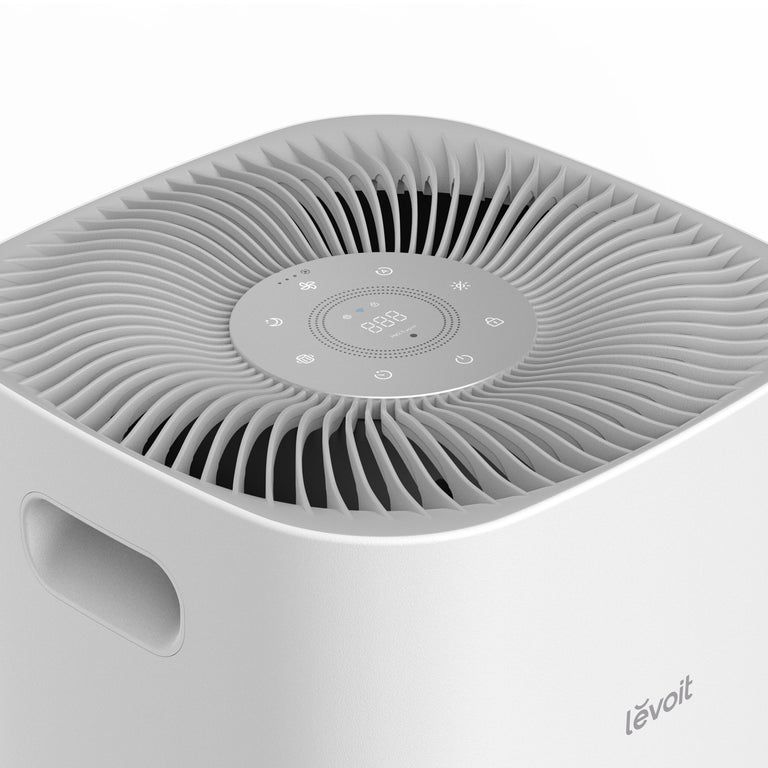
The Science of Sleep: Why Quality Rest Matters
-
1 min read
Have you ever gotten a solid eight hours of sleep and woken up feeling like a new person? It’s incredible how proper sleep can make a huge difference throughout the next day. Why does sleep have such a profound impact on your daily life? Let’s explore the science behind sleep, its benefits, and how you can improve your sleep quality.
The Stages of Sleep and What They Do for Us

Sleep is not a single, static state. In fact, it’s a highly complex process involving multiple stages, each of which serves different restorative functions for both your body and brain. These stages are typically grouped into two broad categories: non-rapid eye movement (NREM) sleep and rapid eye movement (REM) sleep.
-
NREM Sleep: NREM sleep is divided into three stages, each getting progressively deeper. During these stages, your body undergoes essential processes like muscle repair, immune system strengthening, and the consolidation of memories. The deepest phase of NREM sleep, known as slow-wave sleep (SWS), is particularly important for physical recovery, cell growth, and tissue repair.
-
REM Sleep: REM sleep is the stage where most vivid dreams occur. It’s also when the brain processes emotions and experiences, helping with memory retention and learning. REM sleep plays a key role in cognitive functions like problem-solving, creativity, and even regulating mood. Interestingly, your body becomes temporarily paralyzed during REM sleep to prevent you from acting out your dreams.
What Happens When You Sleep?
Sleep is essential for restoring and maintaining many of the body's systems. As you enter the various sleep stages, your brain and body undergo critical processes:
-
Memory Consolidation: Your brain processes and stores memories from the day, enhancing your ability to retain information and learn new things.
-
Cellular Repair and Growth: During deep sleep, your body repairs tissues, muscles, and cells. This is crucial for recovery after physical exertion and for maintaining general wellness.
-
Emotional Regulation: Sleep, particularly REM sleep, helps manage stress and regulate emotions, contributing to mental well-being and stability.
-
Hormonal Balance: Sleep also helps regulate hormones, including those that control appetite (like ghrelin and leptin) and stress (like cortisol), which is why poor sleep can lead to increased cravings or irritability.
Why Getting Enough Sleep Is Crucial
Now that we know what happens during sleep, it's clear that getting enough of it is essential. The National Sleep Foundation recommends that adults aim for 7-9 hours of sleep each night. However, many of us don't meet this goal, which can lead to tiring days.
For example, a study published by the National Institutes of Health found that poor sleep quality can lead to trouble focusing, decreased productivity, and increased irritability during the day. Furthermore, chronic sleep deprivation has been linked to a higher risk of conditions such as obesity, diabetes, cardiovascular disease, and even early death.
When you don't get enough sleep, your body's ability to repair itself and manage stress diminishes. This can lead to a range of symptoms like brain fog, memory problems, weakened immune function, and higher stress levels. A key aspect of sleep’s importance is that it gives your body the time it needs to regenerate and maintain balance, both physically and mentally.
The Negative Effects of Poor Sleep
Unfortunately, not everyone has the luxury of a full night’s rest every day. Whether it's due to stress, lifestyle choices, or environmental factors, many people experience disrupted sleep or insufficient sleep. Lack of sleep can manifest in a variety of ways:
-
Cognitive Impairment: Sleep deprivation can cause difficulty concentrating, poor memory, and slower reaction times. A lack of sleep has also been shown to impair decision-making abilities and creativity.
-
Weakened Immune System: Chronic sleep deprivation can reduce your body’s ability to fight off infections, making you more susceptible to colds and other illnesses.
-
Mood Changes: Lack of sleep has been linked to mood swings, anxiety, and depression. The emotional regulation that takes place during REM sleep helps maintain a stable mood, and without enough of it, you may experience heightened stress or irritability.
-
Physical Health Effects: Prolonged poor sleep is associated with an increased risk of developing serious health issues, such as high blood pressure, heart disease, and diabetes. The Centers for Disease Control and Prevention (CDC) has found that insufficient sleep is a significant contributor to chronic health conditions in adults.
Moreover, external factors like airborne pollutants can exacerbate sleep disturbances. The Environmental Protection Agency (EPA) notes that noise pollution can negatively impact your sleep quality by waking you up at night. Our new Levoit Sprout Air Purifier not only filters airborne contaminants, but also comes with a variety of white noise options, filling your space with constant, quiet sounds of nature that help minimize the potential impact of sudden noise disruptions.
Tips for Improving Your Sleep Quality
Good sleep doesn’t just happen on its own; it often requires intentional effort. Here are some tips for improving your sleep hygiene and ensuring that you get the most out of your rest:
-
Stick to a Regular Sleep Schedule: Going to bed and waking up at the same time every day helps regulate your body’s internal clock, making it easier to fall asleep and wake up naturally.
-
Create a Relaxing Bedtime Routine: Activities like reading, taking a warm bath, or practicing relaxation techniques such as meditation can signal to your body that it's time to wind down. Avoid stimulants like caffeine and nicotine in the hours leading up to bedtime.
-
Optimize Your Sleep Environment: Make your bedroom a restful sanctuary by ensuring it’s cool, dark, and quiet. Using blackout curtains and earplugs can help block out disruptive light and noise. Consider using an air purifier to reduce airborne pollutants that might disrupt sleep.
-
Limit Screen Time: The blue light emitted by phones, tablets, and computers can interfere with your body's production of melatonin, the hormone responsible for sleep. Try to avoid screens for at least an hour before bed.
-
Be Mindful of Your Diet: Eating large meals or drinking too much fluid before bed can make it harder to fall asleep. Additionally, foods high in sugar or caffeine can disrupt sleep patterns.
For more ideas, read up on Tips for Better Sleep.
Quality Sleep, Big Impact
Whether it’s getting your 7-9 hours of sleep, optimizing your sleep environment, or managing stress, each small change you make can lead to significant improvements in your overall well-being.










